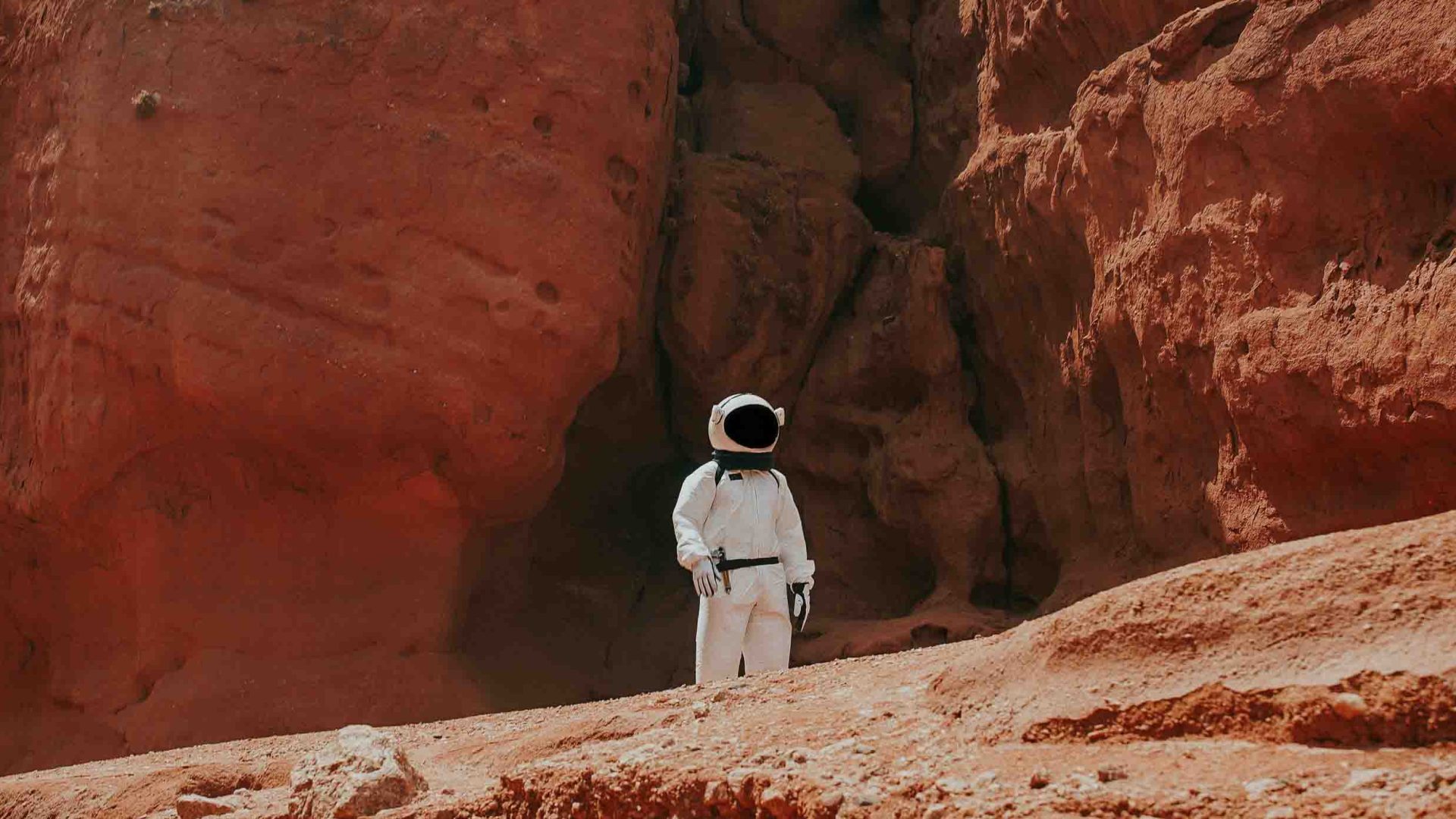
Will we still be talking about overtourism? What impact will AI have on travel? Will flying be ‘greener’? Will we have reversed climate change? Travel trend forecaster Jenny Southan looks ahead to 2050 and predicts the future of travel.


Will we still be talking about overtourism? What impact will AI have on travel? Will flying be ‘greener’? Will we have reversed climate change? Travel trend forecaster Jenny Southan looks ahead to 2050 and predicts the future of travel.
For most of us, the future feels like an abstract place that we’re moving towards, but will never really arrive at. You might believe that 2050 will be dramatically different and people will be living on Mars (which they might be) but as a travel trend forecaster, I like to remind people that the future will be many things, simultaneously. In some ways, the world in 25 years’ time will be so dramatically different we haven’t yet been able to imagine it; but at the same time, in other ways, it will be totally familiar.
Consider cruise ships, which have a lifespan of 30 to 50 years (Royal Caribbean’s mega-vessel Star of the Seas is debuting in 2025); and aircraft, which can fly for 25 years (Airbus’s new A321XLR will debuting at around the same time). Whether Virgin Galactic is still whizzing everyday cosmonauts to the edge of space remains to be seen, as will the return of supersonic flight, even though we have the know-how. Progress isn’t always linear, as we know—the last Concorde flight was 21 years ago.
That said, in some ways, the world in 25 years’ time could be very different. By 2050, one in four people will be African (Africa has the youngest and fastest-growing population on Earth), and the population of the US could be minority white. Intense heat might have put an end to ‘summer holidays’ as we know them in the Western hemisphere; instead, winter will become the busiest time of year to travel. Permanent mining operations may be set up on the moon, meaning elite business travel will become inter-galactic as humans establish lunar settlements.
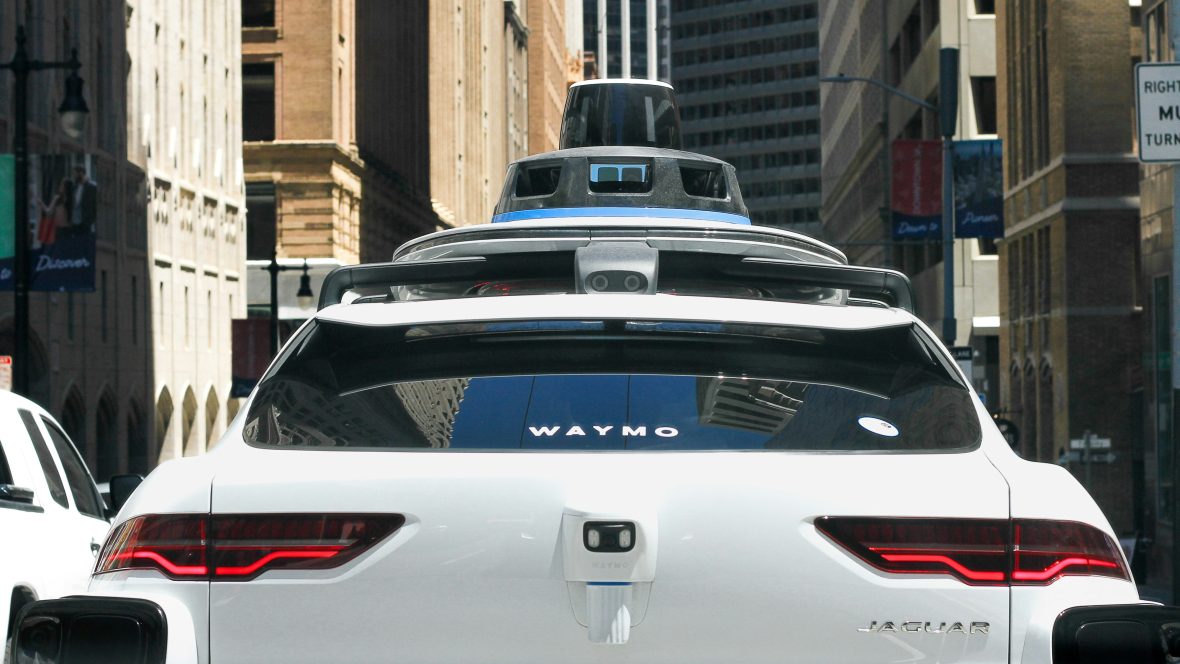
When predicting the future, it’s helpful to look at the trajectories of new innovations, and imagine what life could look like if they became widely adopted. Consider the self-driving Waymo taxis which are already transporting passengers around the streets of San Francisco. In early 2024, most people couldn’t have imagined the idea of cars without steering wheels; then in the autumn, Elon Musk unveiled his Tesla Cybercab—which, you guessed it, has no steering wheel.
Equally, flying taxis may still be in their nascent stages, but Joby Aviation (far from being the only contender in this space) is expected to start operating them across Dubai in early 2026. And if there’s a global shift to electric vehicles—some experts believe that crude oil from known deposits will have run out by 2050—then the air in our cities will be a lot cleaner. These may be small-scale now, but show what a different future could look like.
Today, one of the world’s most popular vacation destinations is Dubai, but it only welcomed its first international luxury hotel, the Jumeirah Beach, in 1997. That was just 27 years ago. So where is the new Dubai?
By 2050, the travel industry could combat climate change through transformative innovations that reduce emissions and support environmental restoration. Electric and hydrogen-powered planes are likely to dominate short- and medium-haul routes, while the return of airships—reimagined as emission-free transport—could offer sustainable alternatives for scenic and regional travel. (Spain’s Air Nostrum has already ordered 10 Airlander 10 airships from Hybrid Air Vehicles in the UK).
Meanwhile, luxury travel companies such as Pelorus are also planning to deploy hem for luxury aerial sightseeing cruises over the North Pole and the pyramids.

The big question on everyone’s lips is: How will the growth of travel impact the environment? Will we be flying our way into the apocalypse? Airline trade body IATA (International Air Transport Association) predicts that over the next 15 years alone, global air passenger numbers will double from about 4 billion in 2019 to 8 billion in 2040. Sally Davey, CEO of Travalyst, a ‘force for good’ initiative led by Prince Harry, the Duke of Sussex, says: “Such huge growth could risk major negative impacts—or it could be an opportunity to do things differently. The future of sustainable travel is about balance, between encouraging more responsible travel while ensuring it remains accessible to all.”
By 2050, the impacts of climate change may have fundamentally altered life on Earth, with widespread consequences for ecosystems, economies and societies. Average global temperatures could rise by 2°C or more, leading to more frequent and severe hurricanes, droughts and floods, devastating vulnerable regions. Turbulence will make air travel much bumpier and more unpredictable. If the Gulf Stream that helps carry planes across the Atlantic collapses, temperatures across Europe will plunge.
Melting polar ice caps and glaciers would accelerate the loss of biodiversity, with numerous species facing extinction due to habitat destruction. Food and water insecurity could intensify, as shifting climate patterns disrupt agricultural productivity and deplete freshwater sources. Economically, trillions of dollars could be lost to climate-related damages, while global inequality widens as poorer nations bear the brunt of the crisis. At the same time, efforts to adapt–through renewable energy, geo-engineering and resilient infrastructure–might showcase humanity’s ingenuity, even as the planet’s natural systems remain under unprecedented strain.
Rising sea levels, potentially up to 30 centimeters or higher, could well have submerged coastal cities like Jakarta, Miami and parts of Bangladesh, displacing millions of people and creating an unprecedented refugee crisis. To cope with mega-migrations of climate refugees on Earth, continents could become borderless and passports an artefact of the past—we could be living in a ‘transnationalist’ world. DNA testing could feasibly replace facial scanning as a new form of human-only biometric security.
The good news is that humans are incredibly resilient, innovative and adaptable. Among the few ‘climate-proof’ countries to withstand catastrophe could be the UK, the Nordics and New Zealand, which could ultimately become ‘safe havens’ for the privileged elite and most of the world’s billionaires. Cold will almost definitely be the new ‘hot’—the Norwegian fjords could become the new Cote d’Azur. Mountains could be carved out for naturally cool homes and hotels, and new cities might be built to float on water.
High-speed rail networks and electric vehicle infrastructure may replace short-haul flights, creating seamless, eco-friendly connections. Hotels and resorts might operate entirely on renewable energy, incorporating climate-resilient designs and carbon-sequestering technologies such as vertical forests. Regenerative tourism could restore ecosystems, while blockchain-based carbon offset systems enable travelers to support global climate-positive projects. Together, these advancements could revolutionize travel, helping reduce its environmental impact and create a sustainable future.
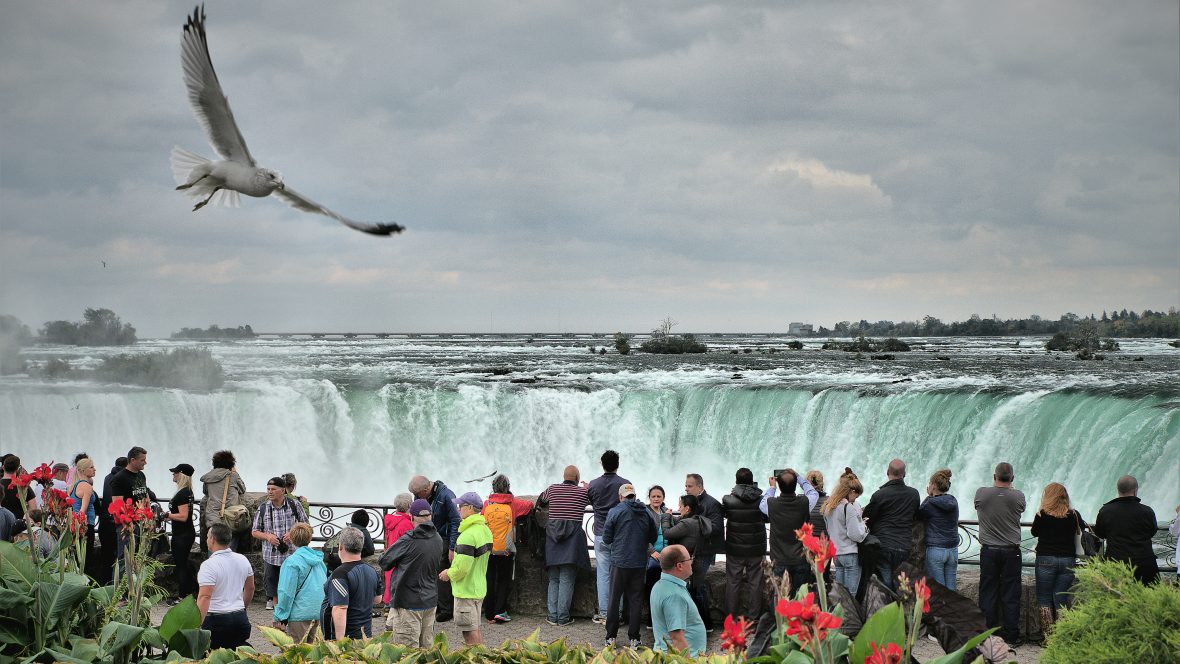
According to the United Nations, the world’s population is expected to grow from 8.2 billion in 2024 to 9.7 billion by 2050. When you consider that there were only 1 billion people on Earth in 1800, that’s a particularly big increase.
In 25 years, the Silent Generation (1928-1946) and much of the Boomer cohort (now 60-78) will have passed away, meaning very few people will have first-hand memories of the 1960s Hippy Movement, for example. Generation X will be in old age, while Millennials will be entering retirement. Over this time, Generation Z will give birth to Generation Alpha and Beta, while the oldest members of Generation Alpha (now 0-14) will begin having children of their own. Globetrender predicts these new arrivals, born between 2040 and 2054, will be dubbed Generation Gamma.
Given that mainstream tourism is a relatively new phenomenon—emerging in the 1960s with the first package holidays, then further bolstered by the debut of low-cost airlines in the 1990s—it’s interesting to imagine what the global capacity will be for travel and tourism with a further 1.5 billion people on the planet and greater overall wealth. According to Henley & Partners (a global firm specializing in residency and citizenship by investment programs), the number of millionaires in Africa alone is set to rise by 65 percent over the next 10 years. Of course, these trajectories could be disrupted by war, pandemics, natural disasters, and financial crashes.
The demand for wellness tourism will likely continue well into the future, but the focus may shift from measuring life span to increasing your ‘health span’ (the years you are healthy and active).
To cope with the volume of new-money tourists, there will be a wave of new mega resorts built, as well as a far greater distribution of hotels in previously uncharted destinations, be they Albania, Bhutan, the Andaman Islands, El Salvador or Micronesia. Today, one of the world’s most popular vacation destinations is Dubai, but it only welcomed its first international luxury hotel, the Jumeirah Beach, in 1997. That was just 27 years ago. So where is the new Dubai?
Saudi Arabia. Right now, developers such as Neom and Red Sea Global are working frenetically to transform Saudi Arabia’s desert coastlines into desirable tourism destinations scattered with high-end resorts and even purpose-built cities such as The Line. To date, hotel brands that have committed to opening properties in Saudia Arabia include Equinox Hotels, Aman, Ritz-Carlton, and Our Habitas. Will it become completely liberal by 2050? No. But it is likely that alcohol will be available in hotel bars, making it appealing to non-Middle Eastern markets.
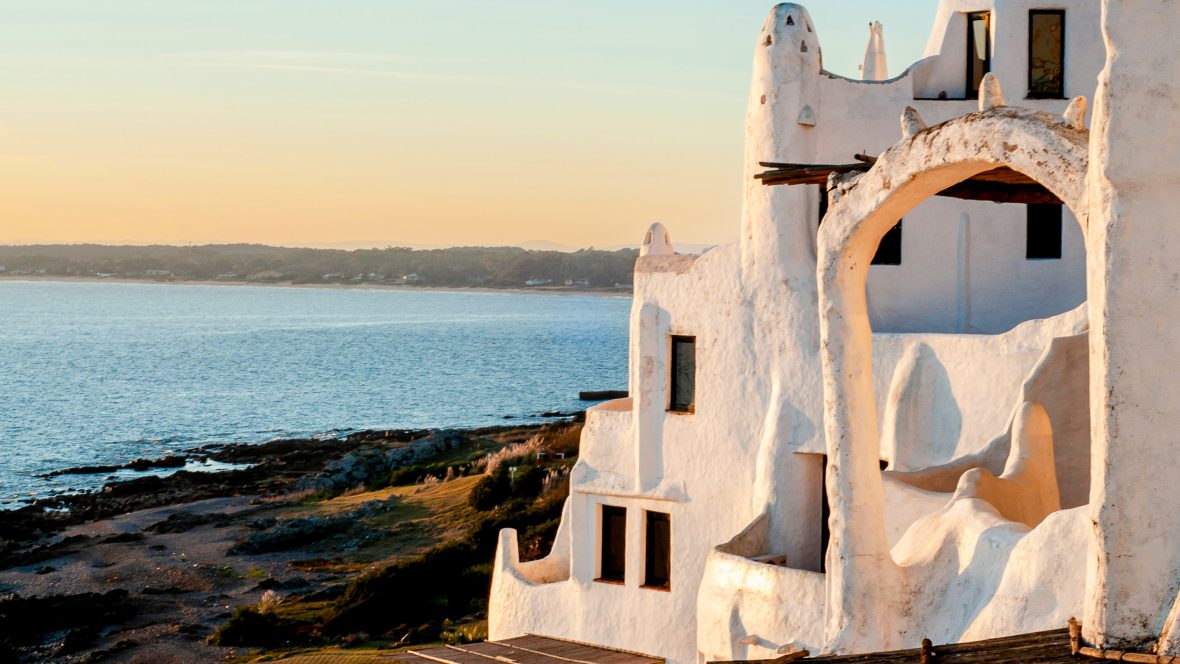
The World Travel and Tourism Council reports that the countries receiving the most international visitors in 2023 were: France (89.8 million), Spain (85 million), and Italy (57.2 million). But as popular hotspots such as Nice, Barcelona, and Venice cap (or even ban) inbound tourists, there will be greater opportunities for more under-appreciated destinations to rise to the fore, super-charged by improved airport infrastructure, flight connectivity, and hotel options.
In 2024, Intrepid Travel commissioned my company Globetrender to create a ‘Not Hot List’ of emerging destinations for 2025 and beyond. These included: Gilgit-Baltistan in Pakistan, Sainshand in Mongolia, Oslo in Norway, Accra in Ghana, and Maldonado in Uruguay. Erica Kritikides, Intrepid’s general manager of global product, says: “Developing tourism in concert and consultation with host communities is the best way to combat the negative effects of overtourism.”
And where will tourists be coming from? In 2023, the biggest source markets for outbound travel were the US, Germany, and the UK, but that’s set to change too. Looking to the coming decades, the UN World Tourism Organization says some of the fastest-growing outbound tourism markets will be India, Indonesia, and Vietnam, thanks to their growing middle classes.
For example, Indian think tank Citizen Environment predicts that India’s middle class will nearly double to 61 percent of its total population by 2047, up from 31 percent in 2020-21. What’s more, by 2050, the population of India will overtake that of China—the biggest outbound travel and tourism source market in 2019—with 1.7 billion people compared to China’s estimated 1.3 billion.
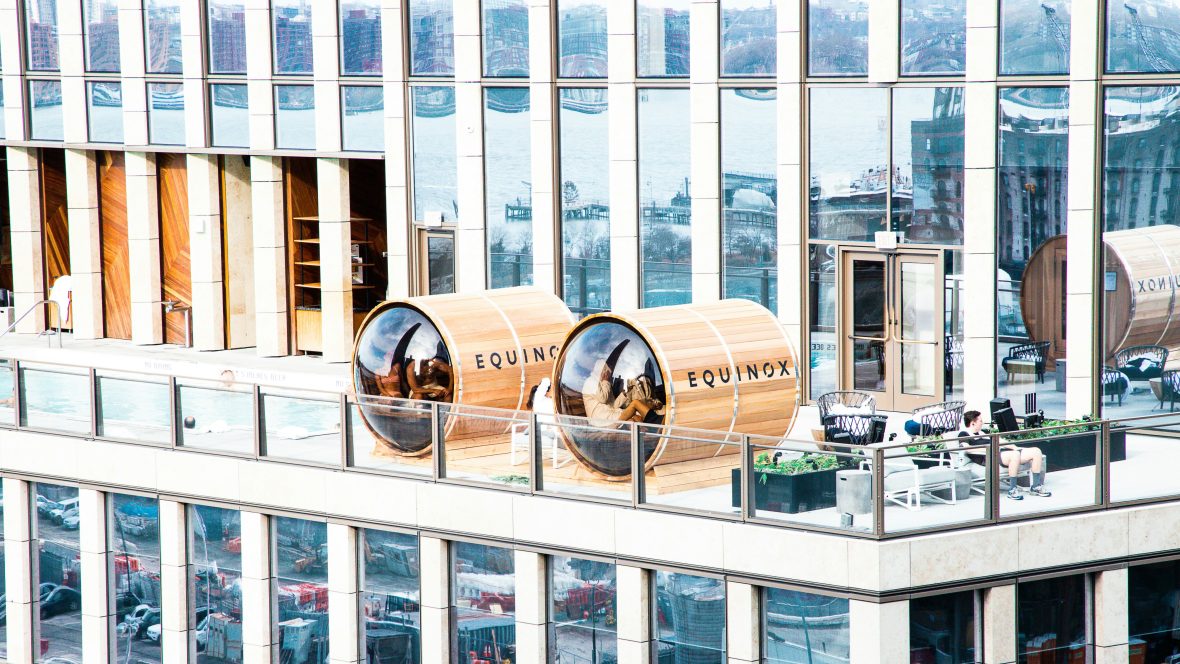
Over the course of the 20th century, the average human lifespan has increased profoundly. For babies born in 1900, their life expectancy was about 30 years, but by 2021 it was 71. Although it seems logical that breakthroughs in science and medicine could continue helping us live longer, healthier lives, that also relies on us looking after ourselves.
Unfortunately, in the 21st century, more people are now dying of obesity than starvation. And in the US, for the first time, average lifespans have started to decline. Although there are a handful of Silicon Valley entrepreneurs (such as Bryan Johnson) who are convinced they have the ability to “solve death”, global life expectancy is only forecasted to increase from 73.6 years of age in 2022 to 78.1 years of age in 2050 (a 4.5-year increase), according to the Global Burden of Disease Study.
“I think AI is going to change the world much more than anybody realizes. I also think it’s going to take way longer than anyone realizes. This decade, things aren’t going to change as much as people think. And next decade, things are going to change a lot more. Most people, smart people I know, say this is more profound than the Industrial Revolution.”
- Brian Chesky, CEO, Airbnb
What this suggests is that demand for wellness tourism will likely continue well into the future, but the focus may shift from measuring life span to increasing your ‘health span’ (the years you are healthy and active). According to Grand View Research, Inc the global wellness tourism market is expected to be worth US$2.1 trillion by 2030, expanding at a CAGR of 12.4%. By 2050, travelers could be visiting AI-powered wellness clinics offering personalised treatments based on genetic and real-time health data. Treatments will also become more laser-focused, as highlighted in Globetrender and Virtuoso’s “Luxury Travel Trendwatch 2025” report, which explores the emerging trend for “Silver Bullet Wellness”.
Christopher Norton, CEO of Equinox Hotels, believes that innovations in wellness tourism will be centered around holistic human longevity. He says: “The future of Equinox Hotels will seamlessly integrate health, personalised experiences, and sustainability, enhanced by advanced technology solutions to cater to these specific demands.” Opening on the Gulf of Aqaba in Saudi Arabia, the sci-fi Equinox Resort Treyam will span a 450-meter-long bridge-like structure, “gracefully floating” 40 meters above a serene lagoon. Headquartered in New York, the company aims to open 30 hotels by 2033.

What about the impact of artificial intelligence and virtual reality? At last year’s Skift Global Forum in New York, Airbnb CEO Brian Chesky said: “I think AI is going to change the world much more than anybody realizes. I also think it’s going to take way longer than anyone realizes. This decade, things aren’t going to change as much as people think. And next decade, things are going to change a lot more. Most people, smart people I know, say this is more profound than the Industrial Revolution.”
By 2050, travelers will rely on AI companions for real-time guidance, translation, and itinerary adjustments, while airports will use facial recognition and robotics for stress-free security and luggage handling. Autonomous vehicles may provide luxury transfers and road trips, while AI-driven booking platforms anticipate preferences and offer dynamic, eco-friendly options. Hotels will feature smart rooms that adapt to individual needs, and immersive AI-powered AR and VR tools will enhance exploration and trip planning.
Over the next 25 years, AI will be deeply embedded in global cultures and economy—it will be powering every aspect of the travel experience behind the scenes, as well as the platforms we will book our trips through and the life-like avatars we converse with. Today’s cutting-edge technology such as the Apple Vision Pro VR headset will look like the minidisc player of the early Noughties. We will inhabit hyper-realistic worlds so convincing, that enduring the seasickness of a whale-watching trip can be avoided completely. People will be able to experience everything from safaris to space travel in virtual reality.
James Wallman, CEO of the World Experience Organization, says: “Just as the consumer revolution that got started in the 1920s took hold of the inventions of the Industrial Revolution and turned them into magic—making billions rich and transforming standards of living—so the experience revolution of the 2020s is harnessing the inventions of the Fourth Industrial Revolution. Immersive technologies, including virtual, augmented, and shared reality, will be combined with ancient technologies such as storytelling to enhance our lives at work, at home, at leisure, and on holiday.”
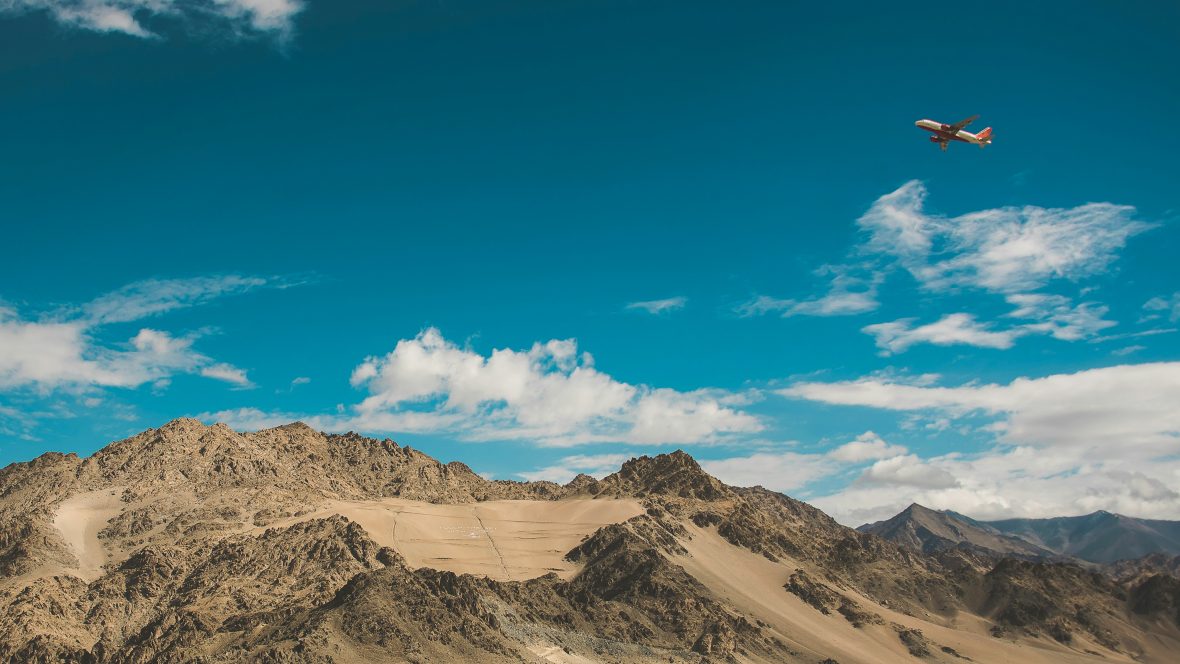
Human experiences will never become outmoded, though. Adam Sebba, CEO of ‘intelligent’ travel company the Luminaire, believes “we need to stimulate our thinking and continue to be able to conduct the tasks that AI claims to be able to do—and the best way to do that is through travel”.
“We’ve just launched two new trips to Japan where you can spend time with Buddhist monks; the learning that you get from an experience like that is incredibly valuable,” he says. “It offers the chance to learn about who you are inside, how to control your emotions and what we are as humans. That’s something that AI can’t do, replicate, or teach you.”
For the traveler, the future holds the promise of journeys that inspire, restore and transform. Whether you’re immersing yourself in local languages, rediscovering the slow art of travel, or contributing to a purpose-driven project, every trip will be an opportunity to connect more deeply—with yourself, others and the world around you.
The adventures of tomorrow will not just be about where you go, but how they make you feel, and what you leave behind. Make the most of it while you can, and make travel choices that leave places better than when you arrived. Positive ripples in the present will alter the course of history.
****
Adventure.com strives to be a low-emissions travel publication. We are powered by, but editorially independent of, Intrepid Travel, the world’s largest travel B Corp, who help ensure Adventure.com maintains high standards of sustainability in our work and activities. You can visit our sustainability page or read our Contributor Impact Guidelines for more information.

Jenny Southan is the editor, founder and CEO of Globetrender, a trend-forecasting agency and online magazine dedicated to the future of travel. Also an award-winning travel journalist, she also writes for publications such as Condé Nast Traveller and The Telegraph, and was formerly features editor of Business Traveller magazine.


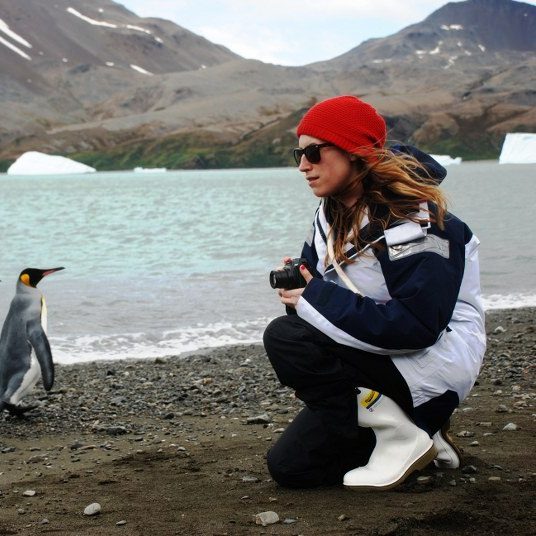




Can't find what you're looking for? Try using these tags: